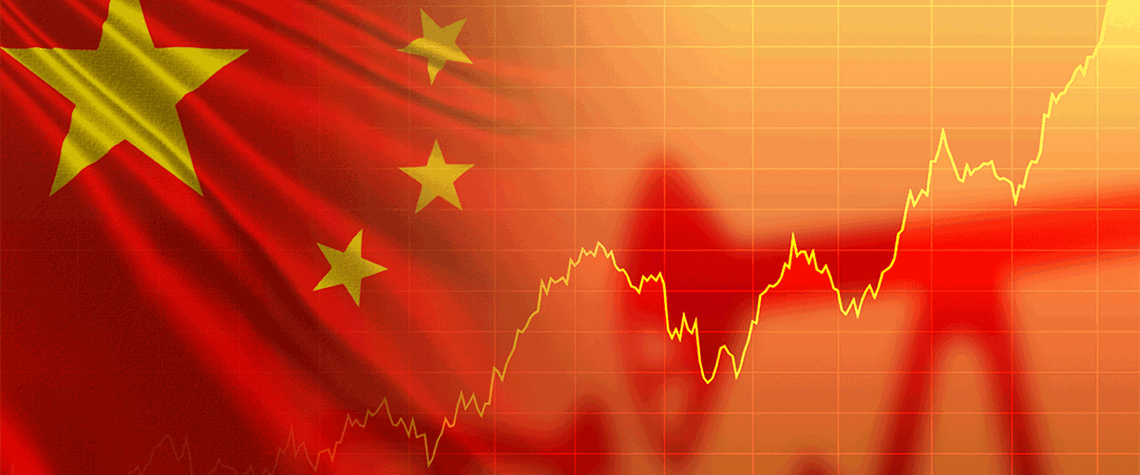Opec+ cuts jar with China’s strong buying signals
Beijing likely to be unfazed by move amid growing alliance with Saudi Arabia
April’s shock decision by Opec+ to voluntarily cut more oil production stands in stark contrast with evidence that China is fuelling its resurgent post-Covid economy. Tentative but compelling data showing China is stepping up imports, along with its strategic ties with Saudi Arabia, was not enough to stop the oil-producing alliance acting to shore up prices. Opec+, comprising the Saudi Arabia-led Opec and other producers such as Russia, announced a 1.66mn bl/d voluntary reduction that will take effect from May and add to the existing 2mn bl/d cut implemented last October. The magnitude and timing of the latest move—agreed outside the formal framework of the alliance on a weekend—caught globa

Also in this section
12 December 2025
The latest edition of our annual Outlook publication, titled 'The shape of energy to come: Creating unique pathways and managing shifting alliances', is available now
12 December 2025
The federal government is working with Alberta to improve the country’s access to Asian markets and reduce dependence on the US, but there are challenges to their plans
11 December 2025
The removal of the ban on oil and gas exploration and an overhaul of the system sends all the right messages for energy security, affordability and sustainability
10 December 2025
The economic and environmental cost of the seven-year exploration ban will be felt long after its removal







